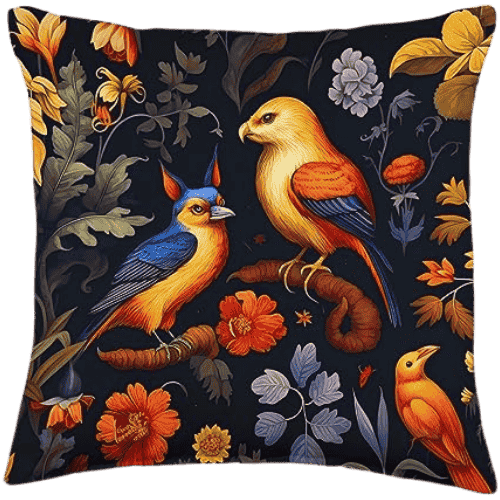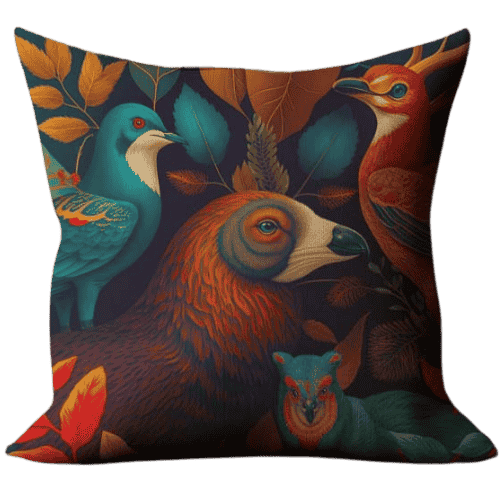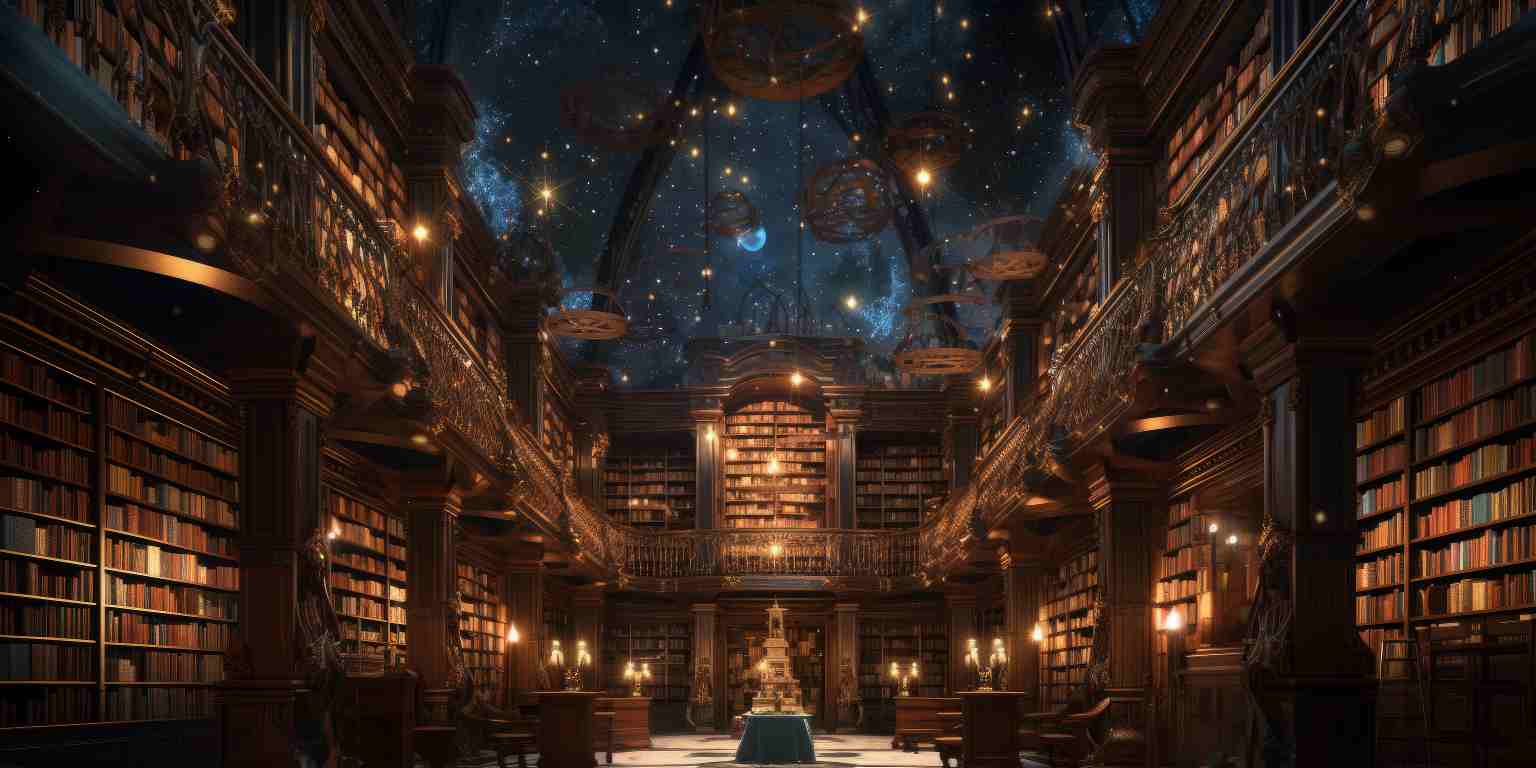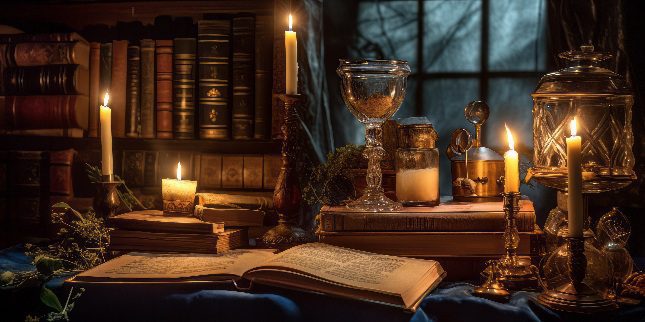Green Bedroom
Green bedroom design aesthetic, the color of courageous knights and powerful royals, symbolizes passion, authority, and the divine right to rule.
Home / Green Bedroom
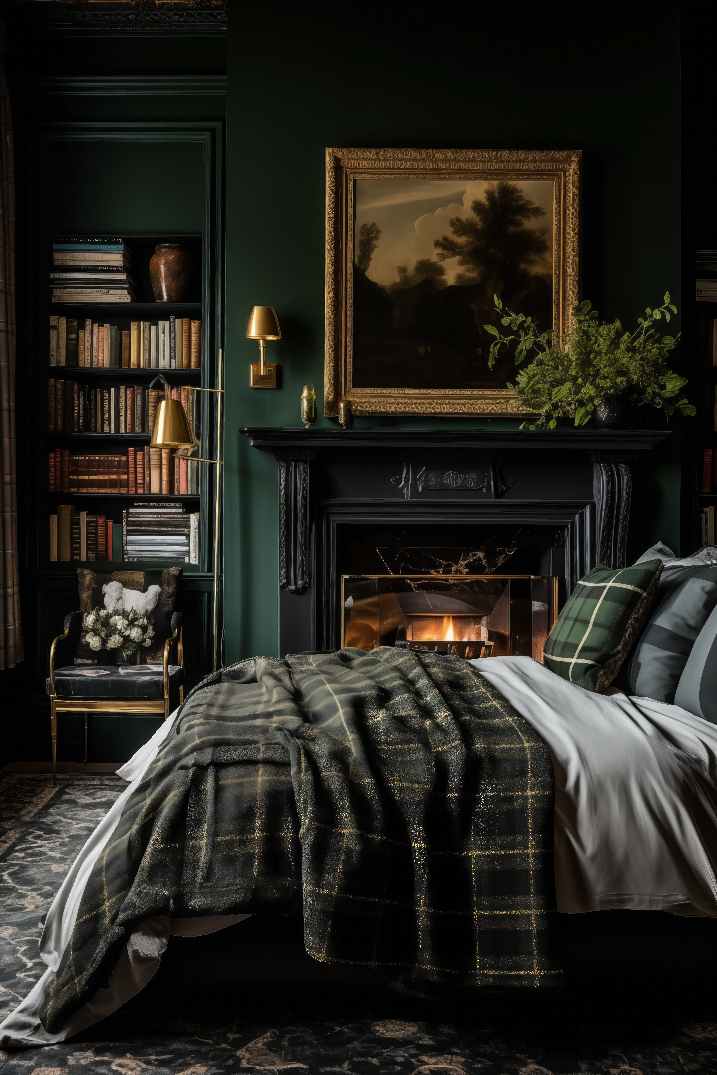
ARTICLES
Challenging conventions with fantastic fabrics, textures, and patterns, Maximalist interior design conveys the scholarly seduction of fantasy novels and magical Harry Potter style castle adventures.
Thrilling, avant-garde, and rich in naturalist romanticism, these hedonistic retreats realize fantasy in the real world.
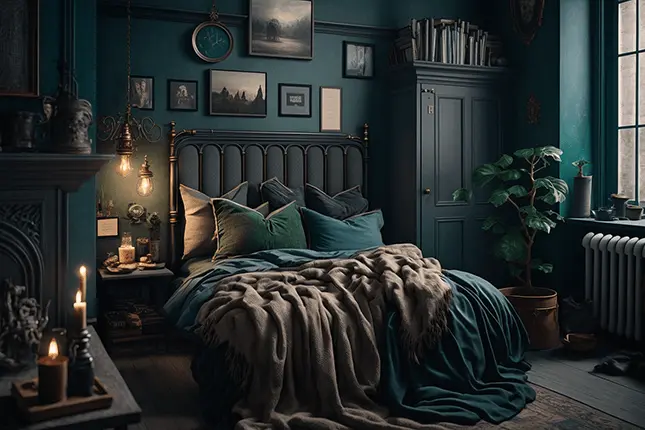
Green in Classical Times
In ancient cultures, green was often associated with nature, fertility, and rebirth. The Greeks, for example, linked the color to Dionysus, the god of wine, vegetation, and revelry.
The Romans similarly connected green to Venus, the goddess of love and fertility.
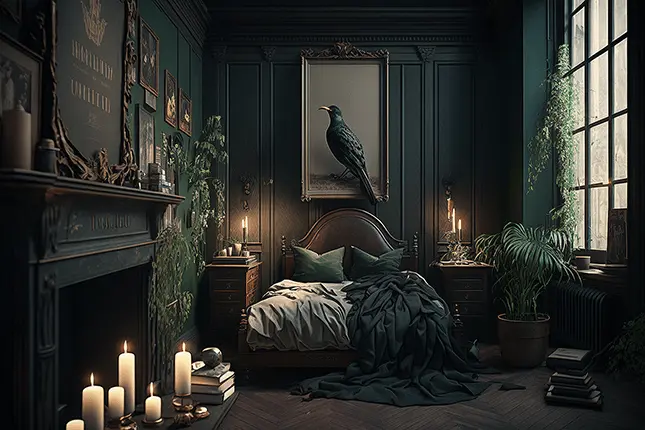
Green In Gothic And Medieval Periods
During the Gothic and Medieval periods, green took on complex and sometimes contradictory meanings. On one hand, it continued to represent nature and fertility.
On the other hand, it was also linked to negative aspects like envy and the supernatural. In medieval art, green was often used to depict landscapes and the robes of supernatural beings.
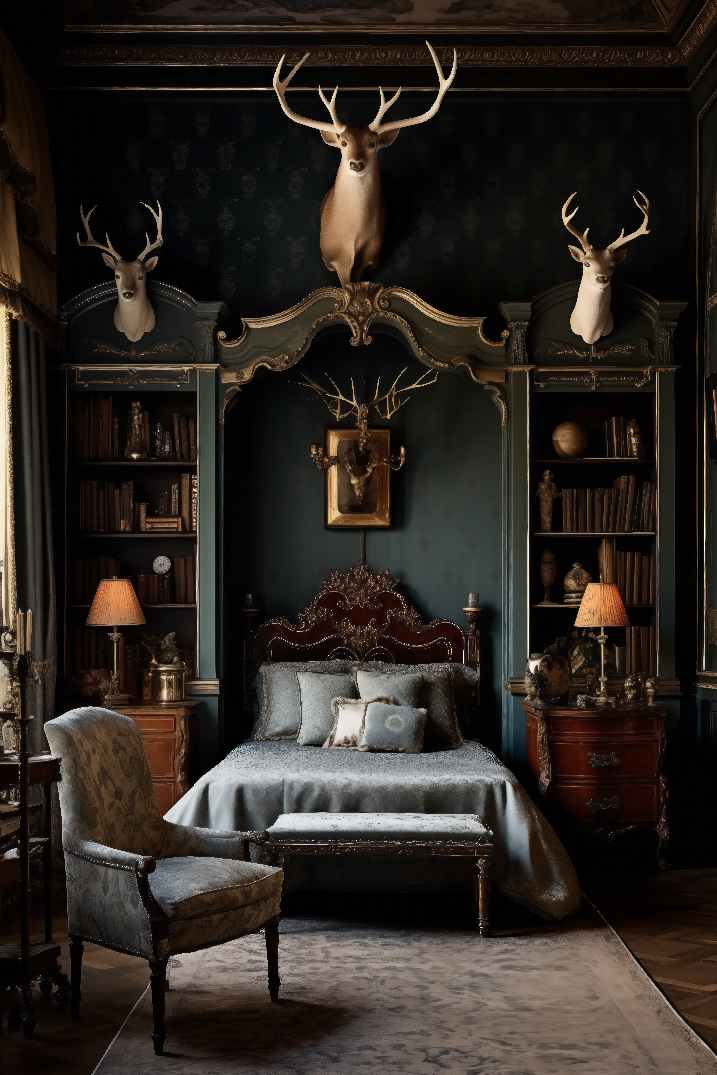
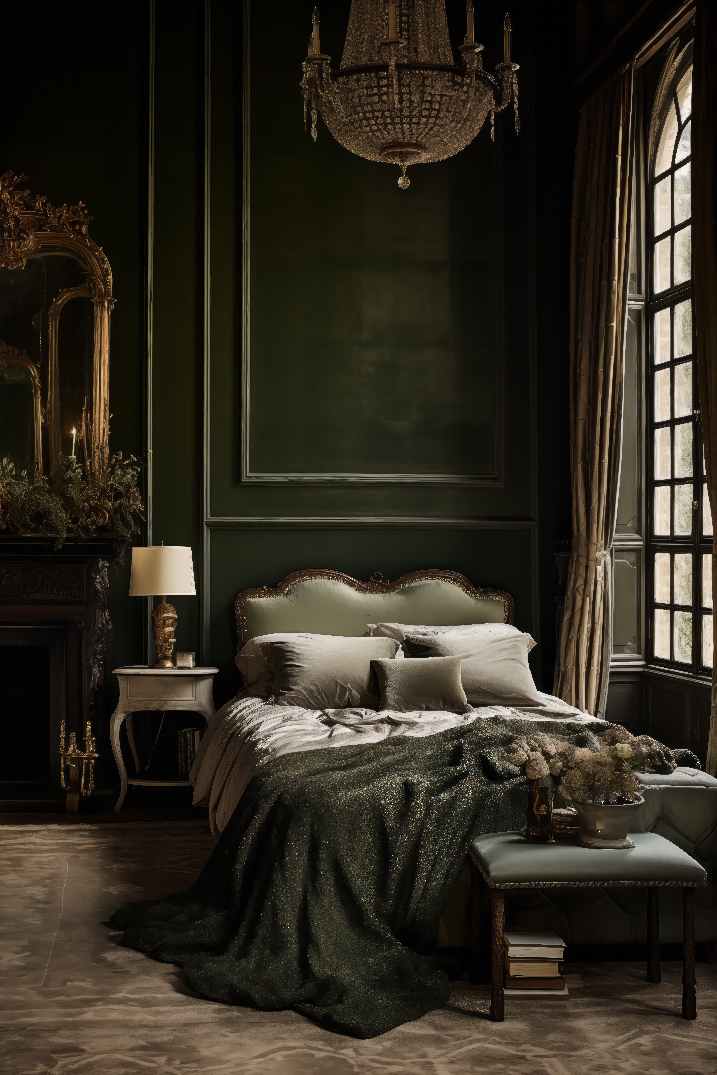
Renaissance Green
The Renaissance saw a revival of interest in classical themes and a renewed appreciation for nature. As a result, the positive associations of green with growth, renewal, and the natural world were reinforced.
Paintings from this era often featured lush green landscapes, symbolizing the idealized harmony between humanity and nature.
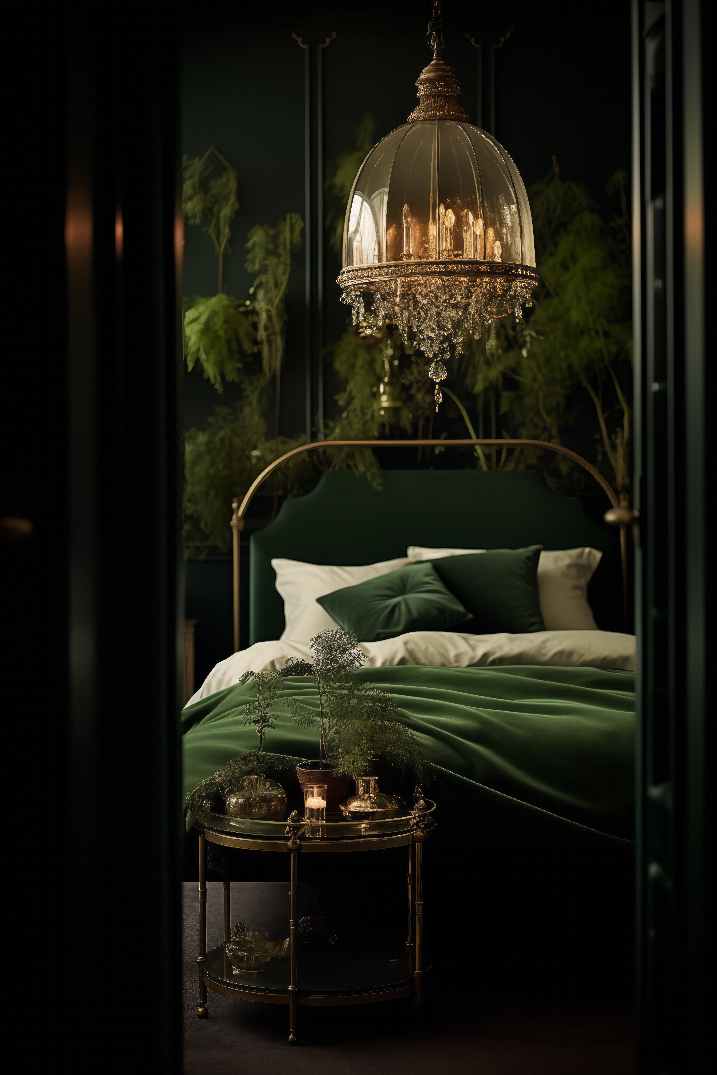
Baroque & rococo Green
In the Baroque and Rococo periods, green continued to symbolize nature, but it also took on more refined and elegant connotations.
It was a popular color in fashion and interior design. In this context, green was associated with luxury, opulence, and the flourishing gardens of aristocratic estates.
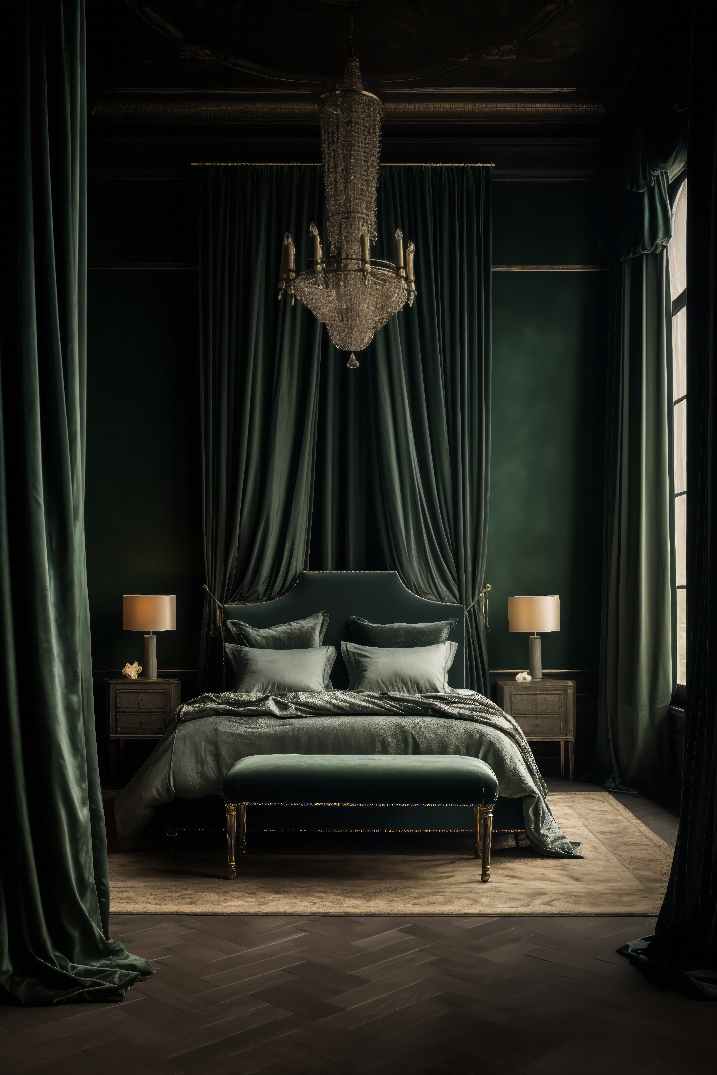
19th Century Romanticism
The Romantic era brought a renewed interest in nature and emotion. Green, with its connection to the natural world, became a symbol of the sublime.
Romantic poets and artists used green to evoke the awe-inspiring power of untamed landscapes and the mysteries of the natural environment.
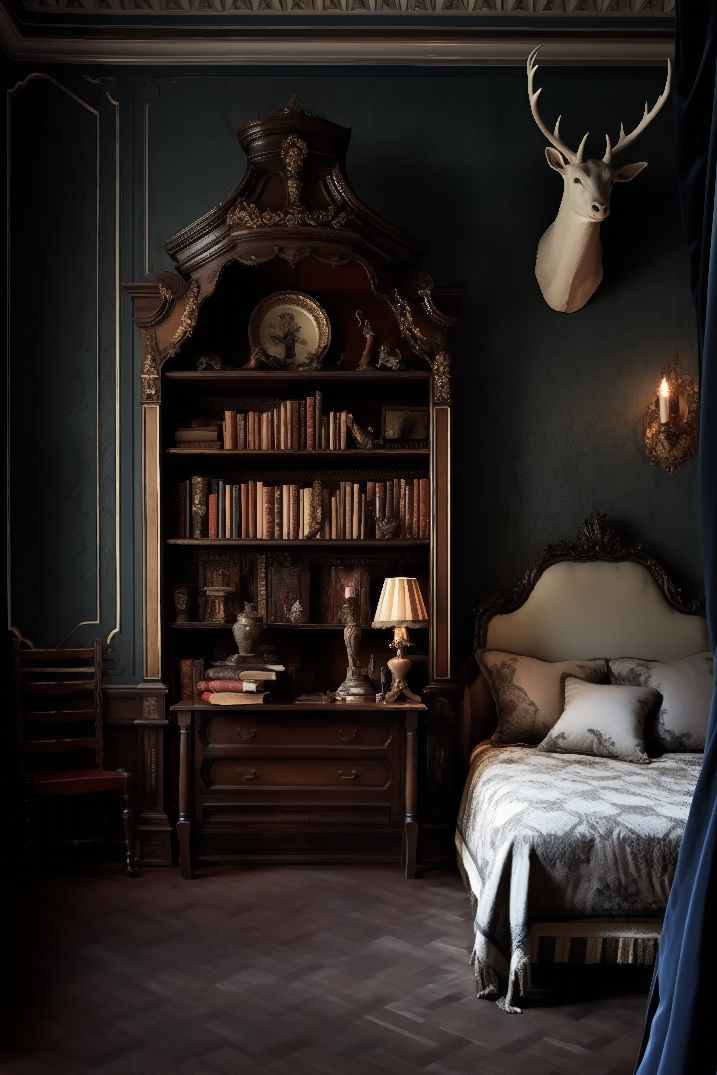
19th Century Symbolism
The Romantic era brought a renewed interest in nature and emotion. Green, with its connection to the natural world, became a symbol of the sublime.
Romantic poets and artists used green to evoke the awe-inspiring power of untamed landscapes and the mysteries of the natural environment.

20th Century Modernism
In the early 20th century, modernist movements like Cubism and Futurism challenged traditional representations of color. Green continued to be used in diverse ways, from the lush landscapes of the Fauvists to the abstract explorations of the Cubists. The associations with nature and renewal persisted, but artists also experimented with new meanings.
Green Bedroom Tips
Transforming your bedroom into a green-themed space should include different periods of history, each with its unique characteristics, color schemes, furniture styles, and decor elements.
Contemporary Green
In contemporary times, the symbolism of green has expanded to include environmental consciousness and sustainability. The color is often associated with ecological awareness, growth in renewable energy, and efforts to preserve the natural world. Green has become a symbol of hope for a sustainable and harmonious future.
Ancient Times: Egyptian and Roman Influences (3000 BCE - 500 CE)
- Color Scheme:
- Earthy tones: Use muted greens inspired by nature, paired with gold accents.
- Consider incorporating shades like olive, sage, and moss.
- Furniture:
- Opt for wooden furniture with intricate carvings or metalwork.
- Choose pieces with simple, geometric shapes inspired by ancient Egyptian and Roman designs.
- Decor:
- Integrate symbols from nature, like vines or palm leaves, into your decor.
- Include mirrors with gold or bronze frames to emulate the opulence of ancient civilizations.
- Textiles:
- Use rich, textured fabrics like linen or cotton in green hues.
- Employ tapestries or wall hangings with botanical or mythological motifs.
Medieval Period: Gothic and Renaissance (500 CE - 1600 CE)
Color Scheme:
- Deep, lush greens paired with rich burgundy or gold accents.
- Incorporate darker shades like emerald and forest green.
Furniture:
- Embrace ornate, carved wooden furniture with intricate details.
- Canopy beds and heavy, dark wood are characteristic of this era.
Decor:
- Hang tapestries depicting medieval scenes or floral patterns.
- Include wrought iron elements, such as candle sconces or chandeliers.
Textiles:
- Velvet or damask fabrics in deep greens for curtains and beddings.
- Tassels and fringes can add a touch of luxury to cushions and drapes.
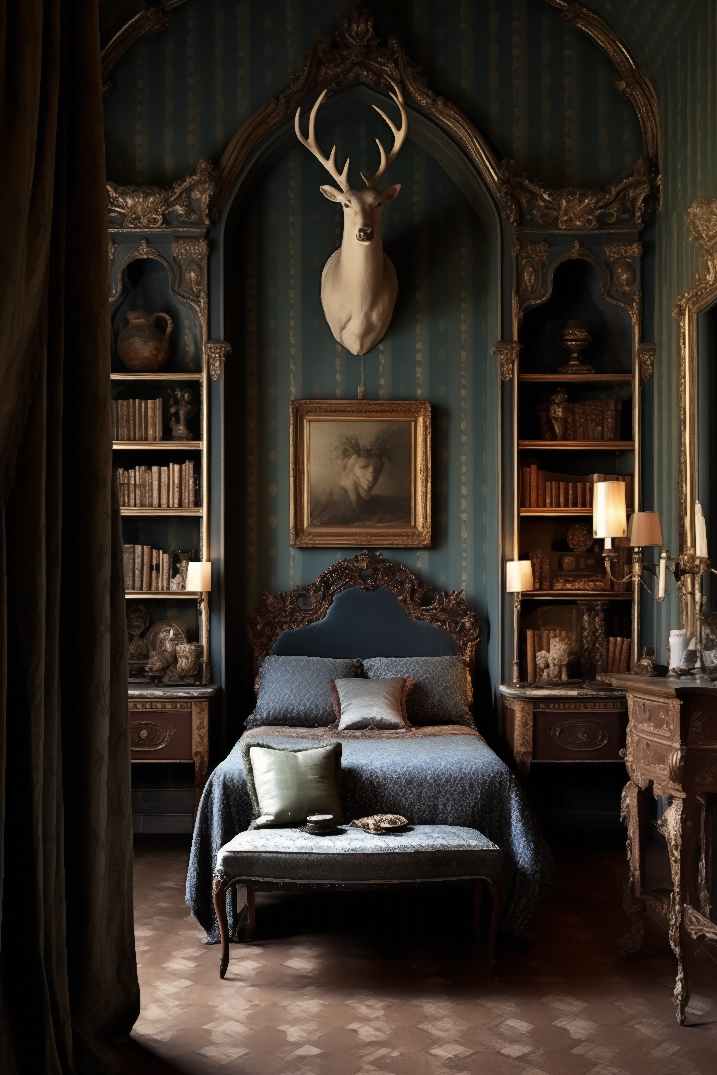
Victorian Era (1837 - 1901)
Color Scheme:
- Soft, muted greens like seafoam or mint paired with pastel shades.
- Floral patterns and intricate wallpapers can complement the color palette.
Furniture:
- Choose ornate, wooden furniture with curved lines and intricate details.
- Canopy beds with elaborate headboards were popular in this era.
Decor:
- Decorate with potted plants and floral arrangements.
- Incorporate lace details in curtains or tablecloths.
Textiles:
- Floral or paisley patterns in soft green hues for bed linens and curtains.
- Use lace or crochet for doilies and table runners.
Art Deco (1920s - 1930s)
Color Scheme:
- Bold, contrasting colors like emerald green and black or gold.
- Consider geometric patterns and bold shapes.
Furniture:
- Choose sleek, streamlined furniture with mirrored or metallic accents.
- Look for pieces with angular shapes and high-gloss finishes.
Decor:
- Incorporate geometric patterns in rugs, wall art, and accessories.
- Use bold, statement lighting fixtures.
Textiles:
- Opt for luxurious materials like silk or satin in rich green tones.
- Experiment with bold, geometric patterns for throw pillows or rugs.
Contemporary (1980s - Present)
Color Scheme:
- Versatile shades of green, from olive to mint, combined with neutral colors.
- Experiment with accent colors, like navy or blush pink.
Furniture:
- Choose sleek, minimalist furniture with clean lines.
- Opt for sustainable materials like bamboo or reclaimed wood.
Decor:
- Embrace a mix of textures, such as metallic accents and natural materials.
- Consider incorporating modern art or photography.
Textiles:
- Stick to a neutral base for larger textiles and use accent pieces for pops of green.
- Choose eco-friendly fabrics like organic cotton or bamboo for bedding.
General Tips:
Lighting:
- Consider natural lighting where possible, and use light fixtures that complement the overall theme.
- Add ambient lighting with lamps or string lights for a cozy atmosphere.
Greenery:
- Incorporate live plants or artificial greenery to bring nature indoors.
- Choose pots or planters that match the overall aesthetic.
Personal Touch:
- Display personal items or souvenirs that reflect your personality.
- Use custom artwork or DIY projects to add a unique touch.
Flexibility:
- Choose furniture and decor that can adapt to evolving tastes.
- Swap out accessories or textiles for an easy room refresh.
Hidden Meanings: Renaissance Fauna
Dark Decor Throw Pillows
The peculiar drawings of animals during medieval and Renaissance times, embody a world where art intertwined with symbolism, mythology, and religious beliefs.
Portrayed in a stylized manner with exaggerated features and unconventional proportions, animals, such as birds, in their acquisition of hidden knowledge and exploration of the unknown became vessels of symbolic significance.
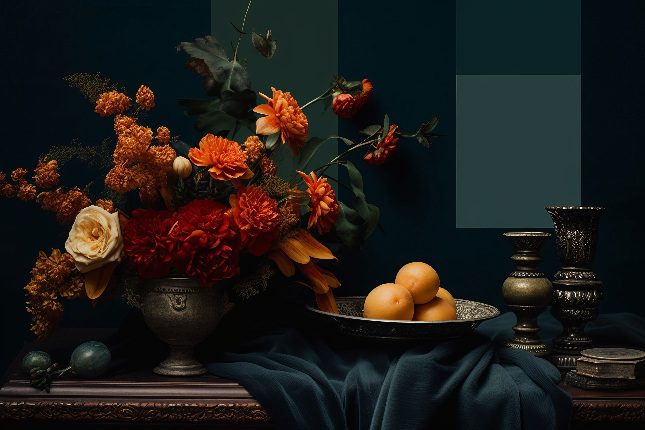
COLORS, PAINT HUES, HEX CODES
Dark Academia Color Palette
Let nightfall navy, bold burgundy, and gloriously gothic green wrap you in mystery and scholarly allure as you embark on a quest for knowledge, symbolism and creative inspiration.
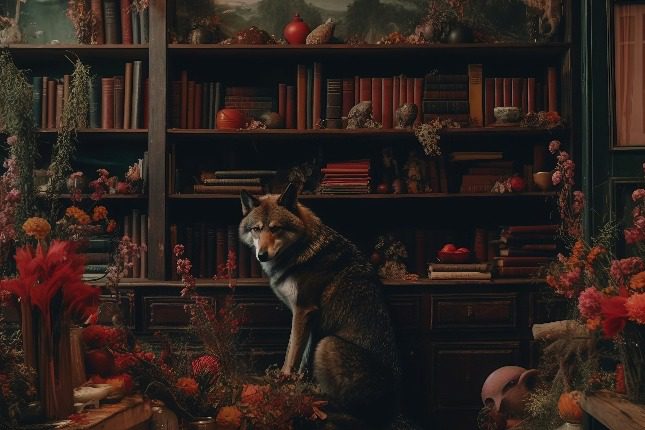
HISTORY, HOBBIES, HUMANITIES
Dark Academia Aesthetic(s)
Get lost in darkness aesthetics, where Preppy, Cottagecore charm, Old Money aristocracy and classical romantic elegance, meet gothic motifs and creative chaotic collegiate spirit.
10 Proven Ways to Improve Your Health and Wellness in 2025 In today’s fast-paced
50 Boho Bedroom Ideas for a Cozy Bohemian Retreat Transform your bedroom into a
Mid-Century Modern Bedroom Ideas Mid-century modern bedrooms sweep you into a vibrant era that

